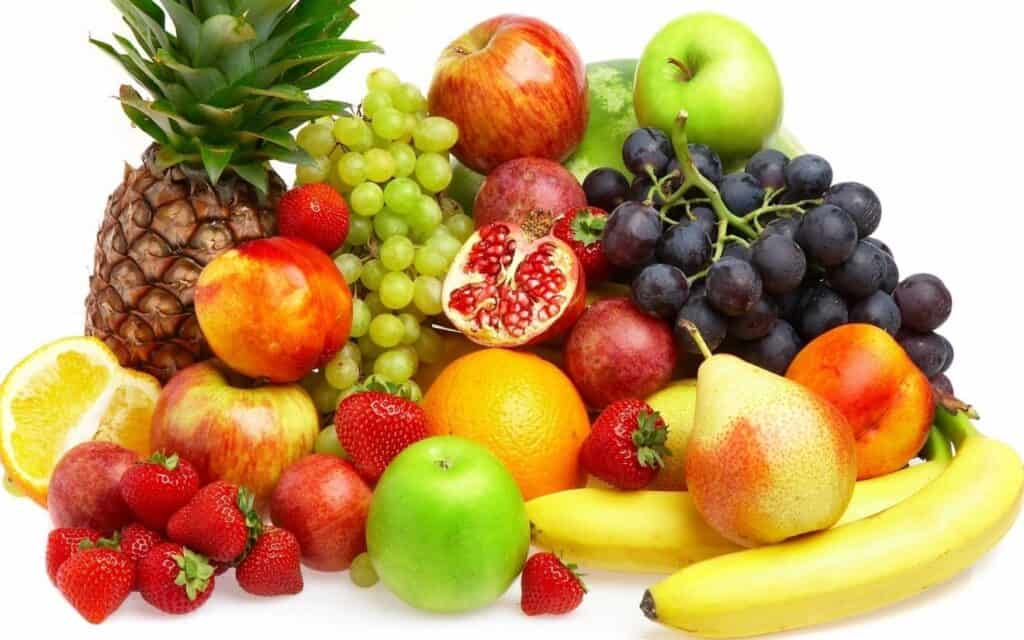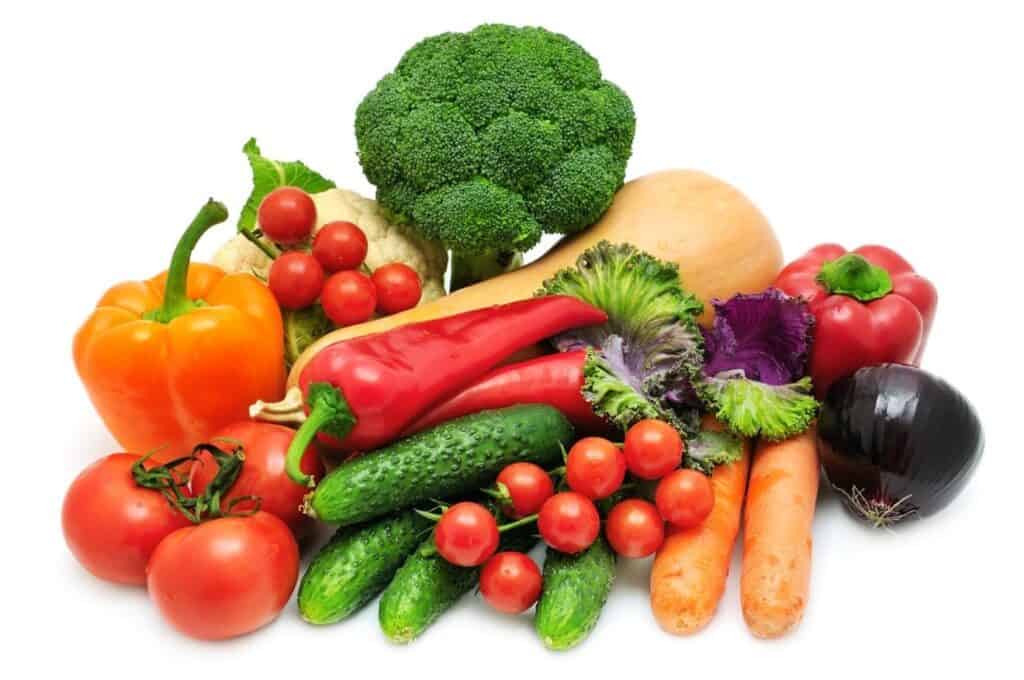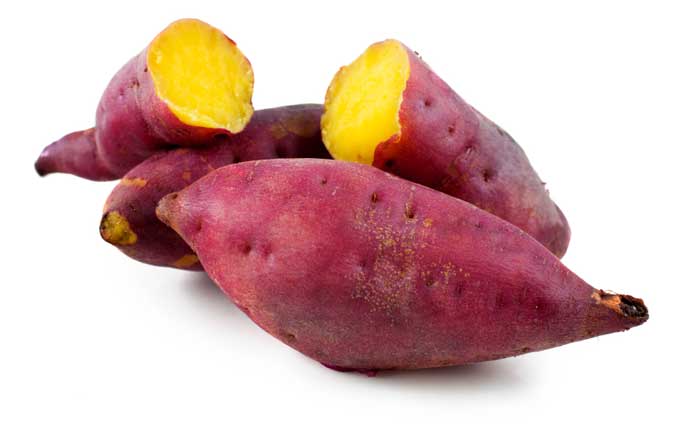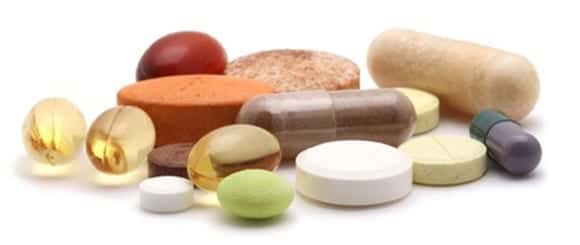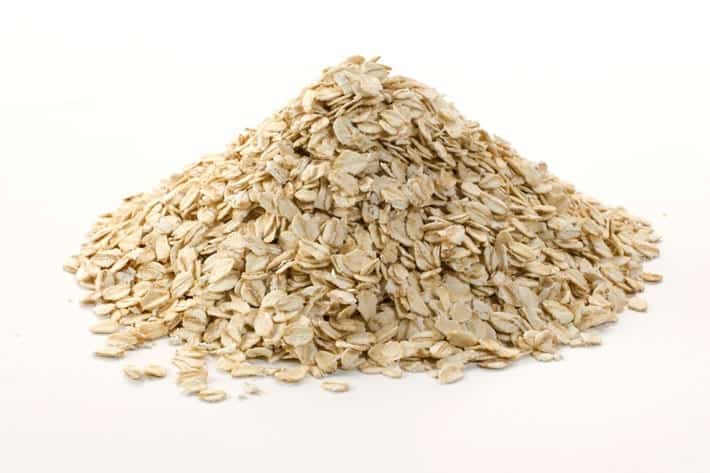Depois da primeira parte, em que foram abordados três mitos muito comuns relacionados com a perda de gordura, fica a conhecer agora mais 5 mitos muito batidos quando se trata de perder peso.
Se ainda não leste os três primeiros, passa por here.
Mito 4: Não como fruta porque tem açúcar
A fruta é uma fonte importante de 4 componentes essenciais numa alimentação equilibrada:
Fibra, vitaminas (sobretudo a C), minerais e fitoquímicos (polifenóis, carotenóides, flavonóides muito específicos).
We often look for vitamin and mineral supplements, however, none can have the same effect as the compounds naturally present in the fruit.
Unfortunately, it has a downside.
De facto a fruta tem tantos hidratos de carbono como as suas fontes naturais (cereais), o que pode não ajudar num plano alimentar de emagrecimento.
Pensemos: compara a saciedade ao comer 1 maçã (120-130g) versus comer 1 fatia pão (30g).
Outra desvantagem passa também pelo efeito energético.
De facto a fruta tem sobretudo um açúcar chamado frutose, que pouco ou nada contribui para as nossas reservas de glicogénio muscular, por vezes tão importantes para o rendimento no treino.
No entanto isso não quer dizer que seja imediatamente armazenada como “gordura”.
O excesso, como em tudo na alimentação, pode levar a essa desvantagem.
Num plano de emagrecimento, isso leva-nos a pensar em estipular um número de peças equilibrado, que não prejudique muito o controlo calórico, mas que confira a riqueza nutricional necessária.
Algures entre 1 a 3 peças, conforme a ingestão energética do indivíduo, e a sua sensibilidade aos hidratos de carbono, é uma boa opção.
É necessário retirar a fruta por completo!?
Não… excepto se estiverem a pensar competir em fitness/similares e na última fase, tudo conta.
O ideal é apostar na variedade incluindo diariamente:
1 citrus fruit
1 fruta da época
1 different fruit
E há frutas diferentes?
Sim, há.
Banana, coco e abacate não entram nesta conversa.
Mito 5: – De hortaliça só brócolos, nada de cenoura nem abóbora na sopa
Vamos deixar uma coisa bem clara, as hortaliças TODAS têm:
- baixo valor energético (20-30kcal/100g)
- low carbohydrate content (<10g/100g)
- baixa carga glicémica (pelo ponto acima)
Tal como na fruta, a sua riqueza é imensa: vitaminas, minerais e fitoquímicos.
Quanto mais variarmos, maior a variedade conseguimos de compostos antioxidantes, anti-cancerígenos, anti-agregantes plaquetários, anti-inflamatórios e muitos outros efeitos protectores.
So the more colorful your plate (and basket at the market) the better.
Qual o “problema” associado à cenoura cozida (e por vezes à abóbora também)?
O eterno e imortal índice glicémico.
O índice glicémico da cenoura é, na tabela, elevado porque:
- o indivíduo teve de comer 1Kg de cenoura cozida
- I was fasting
- and ate only carrots
A resposta glicémica nestas condições é um padrão a considerar?
Também comes habitualmente na tua alimentação 1Kg de cenoura cozida apenas e só?
Estás em jejum completo quando comes cenoura?
Resumindo, tal como na fruta o importante é variar, e atenção: não interessa comer Kg’s de verduras por dia.
The recommended amount is around 400-600g/day, which is roughly equivalent to:
- 1 sopa de hortaliças
- 1 salada (~1 chávena almoçadeira)
- 1 chávena almoçadeira de hortaliça cozinhada
E por favor também não te enchas de alface!
A alface é muito boa para encher, mas, nutricionalmente é pouco rica (não lhe queria chamar pobre, pronto já disse).
Mito 6: Batata só batata doce
A batata doce é de facto uma super batata.
Riquíssima em hidrato de carbono, com muito mais fibra do que a batata dita “branca”, mais rica em potássio e com menor impacto glicémico.
No entanto, não deixa de ter calorias, por isso isso de dizer: ah eu na sopa não ponho batata normal, só batata doce e assim não engorda… depende.
Se colocares 2 batatas doces para 4 tigelas, é quase o mesmo que pôr 1 batata por tigela.
O problema não é a batata em si, mas o facto de aumentar a densidade energética da sopa sem que se “mastigue” a dita batata.
If sweet potatoes have more advantages than white potatoes?
Yes, it does.
Do you have to stop eating the white one?
Não, mas podes ganhar mais em todos os aspectos com a doce.
Enfim, é variar e apostar no que convém mais no teu plano alimentar.
Até porque há quem, imagine-se, não goste de batata doce!
Myth 7: Now I started a pack of CLA and L-carnitine
Fix this sentence well:
NÃO Existe NENHUM SUPLEMENTO que faça perder gordura.
Infelizmente, mas é a verdade.
Digo infelizmente porque escusava de dizer isto cada 10-12 meses…
O CLA está ultrapassadíssimo em matéria de perda de gordura, mas todos os anos continuo a ver quem perca tempo (e dinheiro), a acreditar que de facto é mais eficaz que Fairy.
Os resultados em modelos animais foram muito bons mas… os estudos clínicos deixaram muito a desejar.
Não quer dizer que não possa ajudar o corpo mas… o investimento que é necessário, permitia-te comprar muitos alimentos de qualidade de que o teu corpo vai gostar quanto estiver em défice.
Quanto à L-carnitina, menos dispendiosa é verdade, mas sozinha também não faz. Em matéria de investimento versus resultados num plano sólido, é melhor aposta que CLA, mas continua a ser <5% dos resultados.
O primeiro a fazer quando pretendemos ter resultados é: afinar a alimentação e temos de lhe dedicar todo o nosso esforço, empenho e disciplina porque sem ela… nem o melhor treino do mundo nos pode salvar!
Mito 8: Vou começar a comer aveia
A aveia é um cereal espectacular… mas não faz milagres.
Se comparares com os cereais habituais de pequeno-almoço, facilmente percebes que aveia é 100% aveia, os outros nem por isso.
Recordo ainda hoje com carinho o dia em que me disseram: “mas tu comes aveia? Isso engorda imenso…”
Hoje toda a gente come aveia para “secar”… mudam-se os tempos, mudam-se as verdades?!
A aveia é rica em fibra solúvel, nomeadamente gomas, que são muito boas não só para saciar a fome mas também no controlo dos níveis de açúcar no sangue (glicemia).
Mas não deixa de ter valor energético e não deixa de ser uma fonte de hidratos de carbono.
Ainda assim, prefere 100x aveia do que cereais açucarados.
Podes combinar aveia e nestum se te custa mesmo muito a comer aveia, é uma questão de combinar quantidades certas.
A porção? Depende das necessidades, mas por favor, não adiciones 1 colher de sopa e andes por ai a dizer que agora comes aveia!
Uma boa panqueca de ovo ou claras de ovo e aveia dá um excelente pequeno-almoço (ou lanche).
E quando a quantidade de aveia é reduzida ao mínimo, o melhor é cozer a aveia à partida, e comer uma tortilha de claras separadamente porque vai parecer mais comida.
[author]Filipa Vicente
Nutritionist


